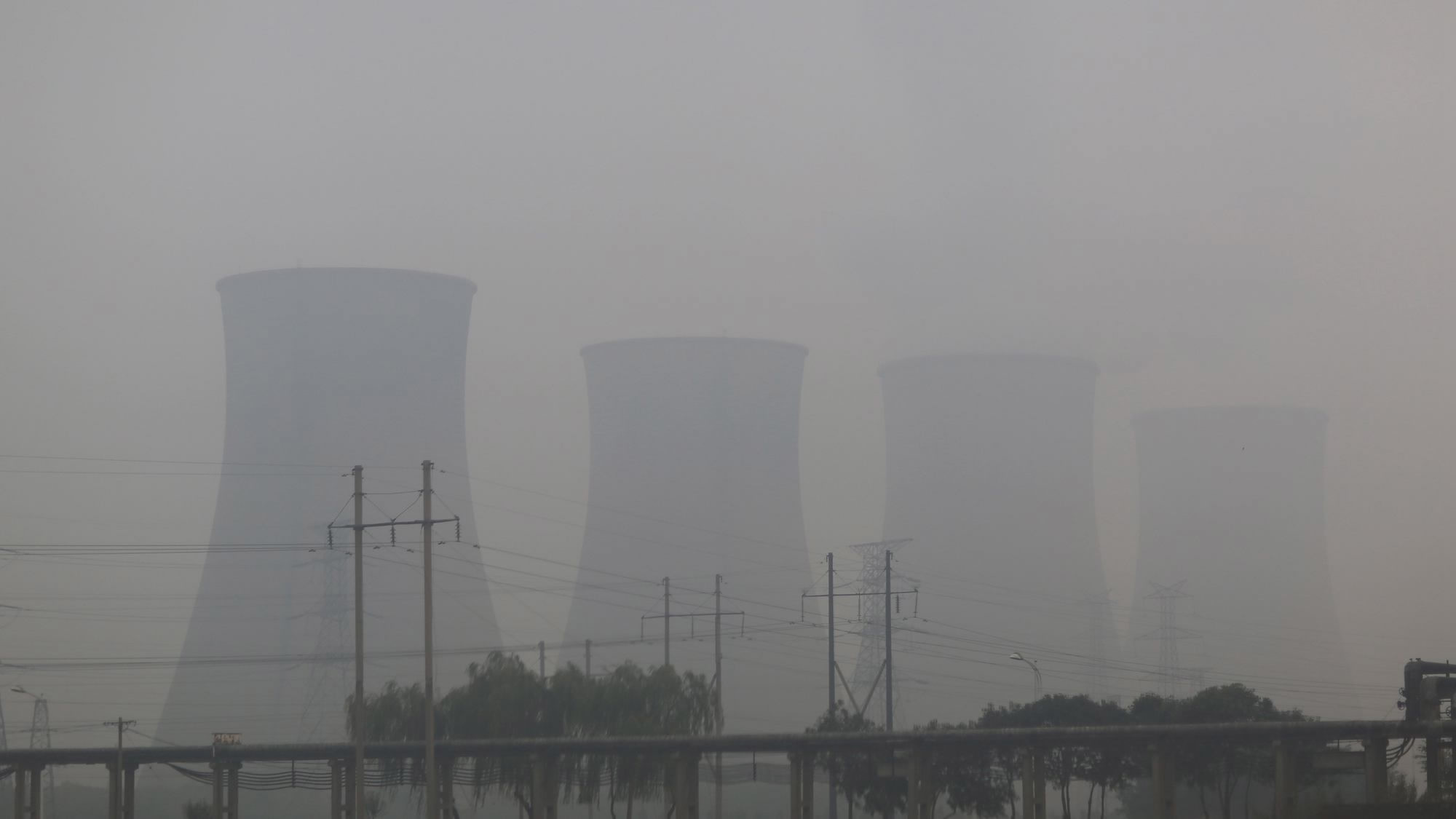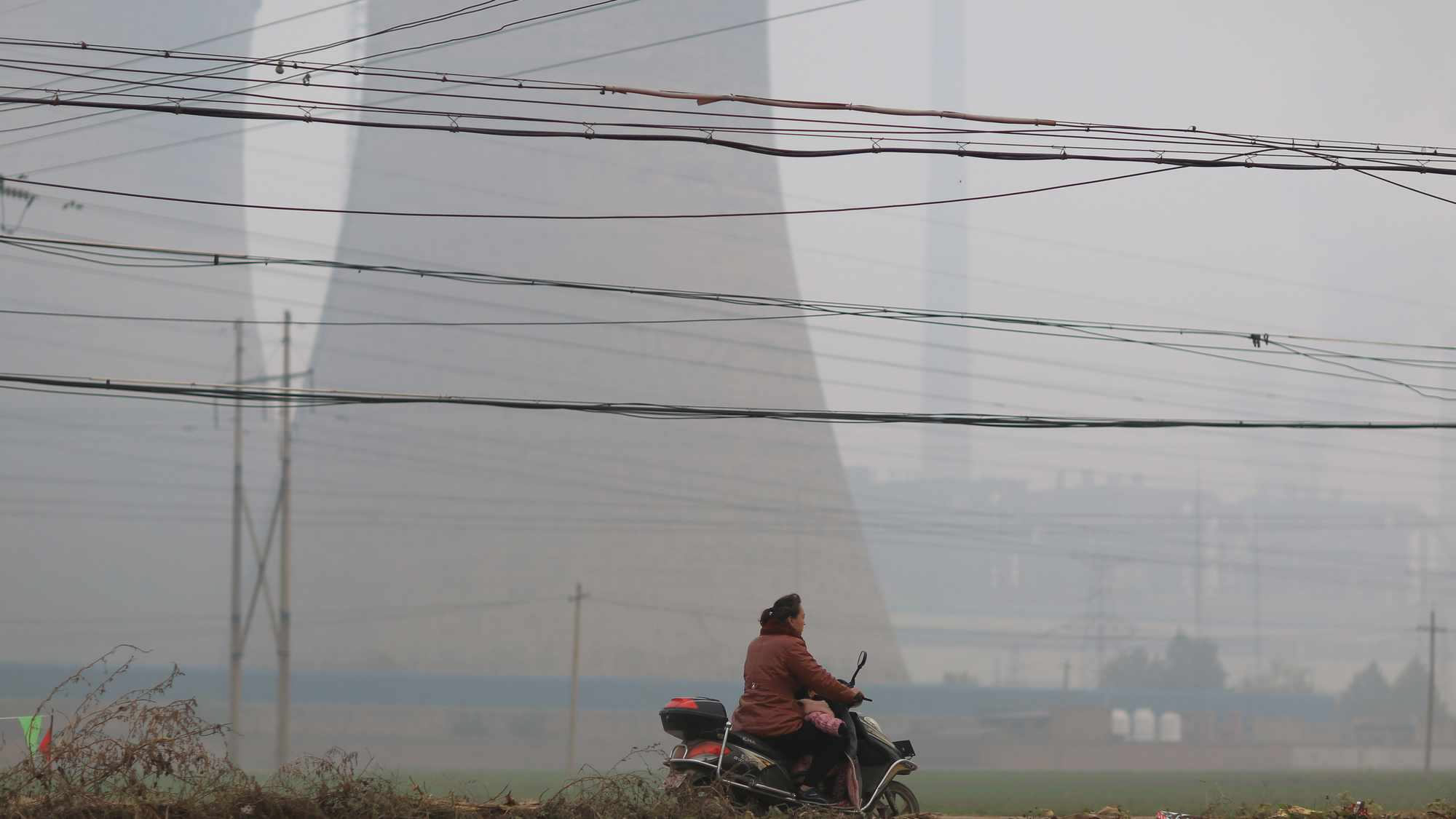
Politics
22:11, 06-Jan-2017
China asks steel, cement factories near Beijing to get pollution license
Updated
10:32, 28-Jun-2018

Thermal power stations and paper-making enterprises in China will need licenses to discharge pollutants starting from the second half of 2017, environment authorities said on Friday, as the northern part of the country has been shrouded by smog for days.
The new pollutant discharge policy requires all stationary sources of pollution to obtain discharge licenses by 2020, according to the Ministry of Environmental Protection.
Stationary sources are the major sources of China's pollutant discharge, and bringing stationary sources under control is the key to industrial pollution management, the ministry said.
By issuing the licenses, environmental authorities will specify the location and number of pollutant discharge outlets for companies, the method and direction of discharge, as well as set ceilings on the variety, concentration and amount of pollutants.
Steel and cement factories in Beijing and parts of Hebei Province, where air pollution is rampant, will also be required to obtain licenses before discharging pollutants from July this year.
China had 3,288 thermal power plants under environmental monitoring by 2014, responsible for 40 percent of China's industrial sulfur dioxide emission and 55.7 percent of nitric oxide emission.

Meanwhile, the country has 4,664 paper-making enterprises discharging 18.7 percent of its total chemical oxygen demand.
Chinese authorities will next verify and issue discharge licenses for enterprises in other industries with heavy pollution or overcapacity in 2017, including petro-chemical, non-ferrous metal, cement, printing and dyeing firms.
The licenses will be valid for three years after the first application. Once expired, they can be renewed for an extension of five years after obtaining regulatory approval, the ministry said.
Companies in breach of the policy may face fines up to one million yuan (about 144,559 US dollars), or the suspension of operations. Actions that hamper government supervision, such as the damaging of monitoring devices and failing to keep original monitoring records, will also be punished.
(Story by Xinhua News Agency)

SITEMAP
Copyright © 2018 CGTN. Beijing ICP prepared NO.16065310-3
Copyright © 2018 CGTN. Beijing ICP prepared NO.16065310-3